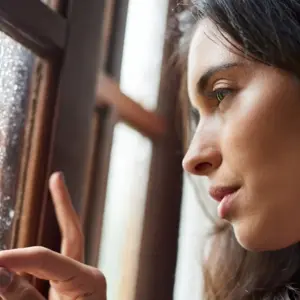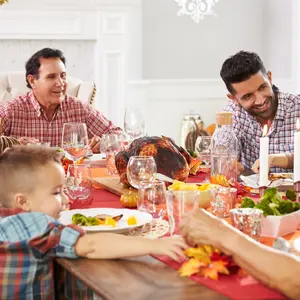

Mental and Behavioral Well-Being

Mental and Behavioral Well-Being
Pandemic Calls for First Aid for the Emotions
As the pandemic continues to cause upheaval and uncertainty in Americans’ lives, mental health experts suggest learning Psychological First Aid (PFA) to help cope with the ongoing challenges. PFA is a way to help emotional injuries, similar to the way traditional first aid tends to physical injuries. First responders and public health officials are often trained in PFA, but everyone can learn PFA-based strategies to help themselves come to their own emotional rescue and offer support to others.
The World Health Organization recommends a model of PFA that helps people feel safe and connected to others; feel calm and hopeful; feel they have a social, physical and emotional support system; and feel they are able to help themselves and their communities. “These are life skills—[and] psychological first aid is even more essential in times such as a pandemic,” says George S. Everly, a clinical psychologist and professor of international health at the Johns Hopkins Bloomberg School of Public Health, in an interview with The Washington Post.
Take care of your mental health by adopting these PFA strategies:
- Address basic physical needs. Create a daily routine that includes nutritious foods, adequate hydration, plenty of sleep, some kind of physical activity, and avoid using alcohol or cigarettes.
- Protect yourself from additional distress. Treat yourself and others with respect and compassion and acknowledge that what you’re feeling right now is normal.
- Maintain calm. Incorporate daily relaxation techniques into your routine, such as yoga, meditation, or deep-breathing exercises.
- Prioritize what you can control. When you consider your needs, focus on those that you have control over, such as how you can keep yourself and your family safe and how you spend free time.
- Build hope. Consciously focus on the things that are going right in order to maintain optimism. Studies have shown that keeping a gratitude journal increases positive moods, happiness, and life satisfaction.
- Connect with others. Reach out to friends and family members using technology or establish a coronavirus-safe bubble to safely expand your in-person circle.
- Practice active listening. When communicating, give people your undivided time and attention and validate the other person’s emotions to help ease distress.
- Reinforce coping skills. Remembering how you coped with a difficult situation in the past can build resilience and offer a sense of confidence in handling the current situation.
Click here for more tips on coping with mental stress during a pandemic.
REFERENCES
Colino, S. (2020, September 22). The pandemic proves we all should know ‘Psychological First Aid’: Here are the basics. The Washington Post. https://www.washingtonpost.com/lifestyle/wellness/pandemic-psychological-first-aid-anxiety/


 By
By







